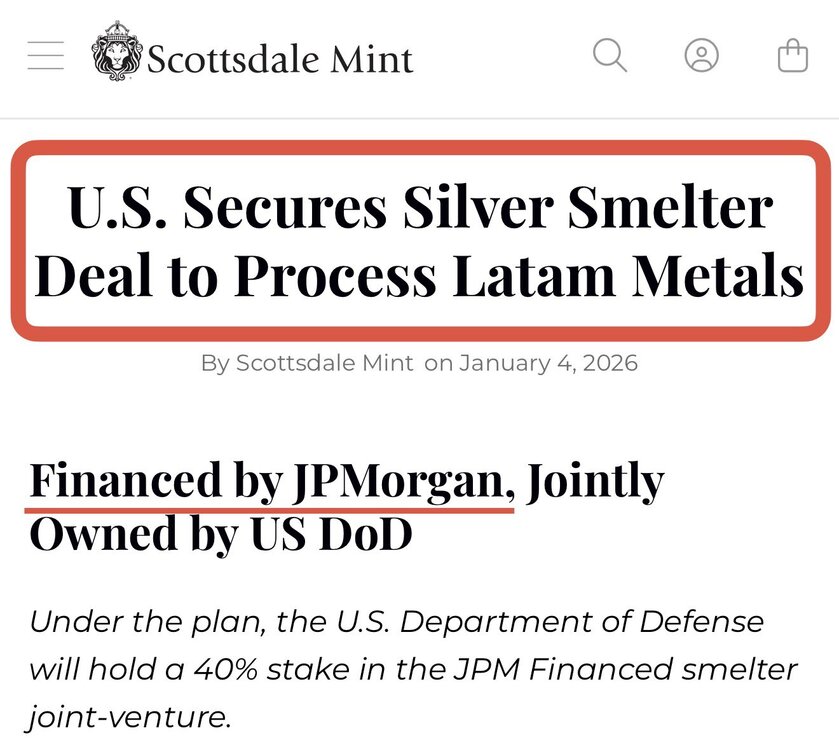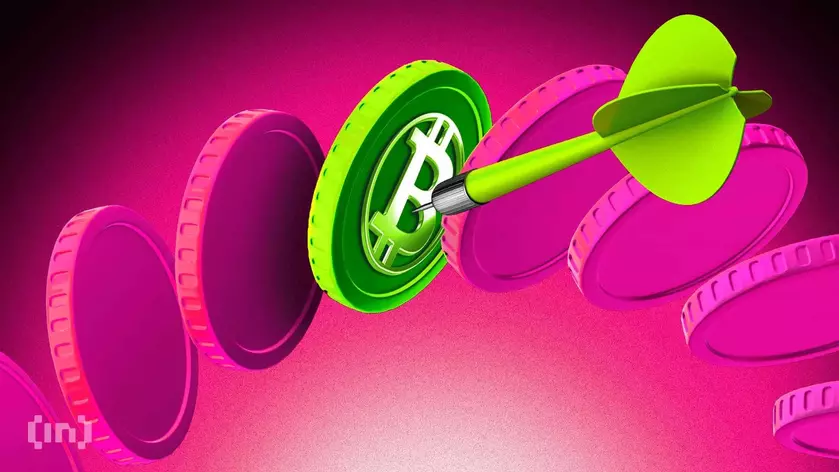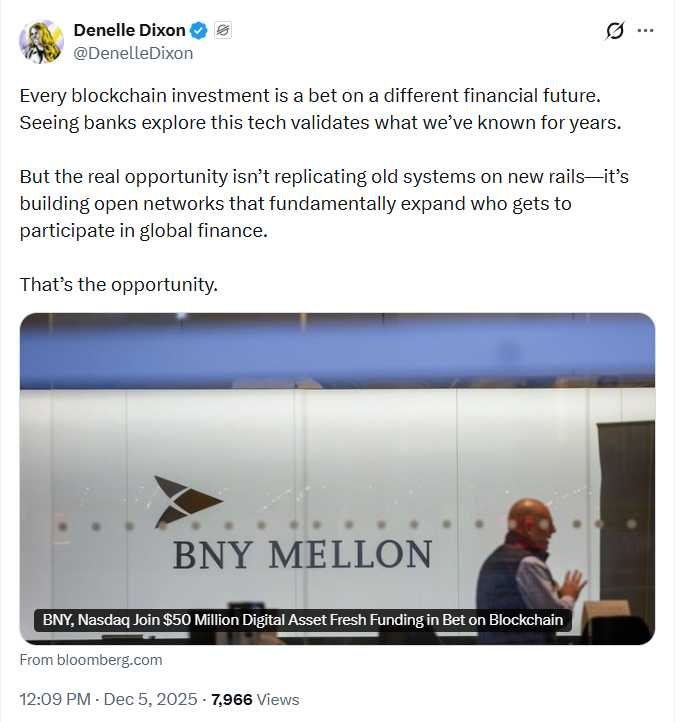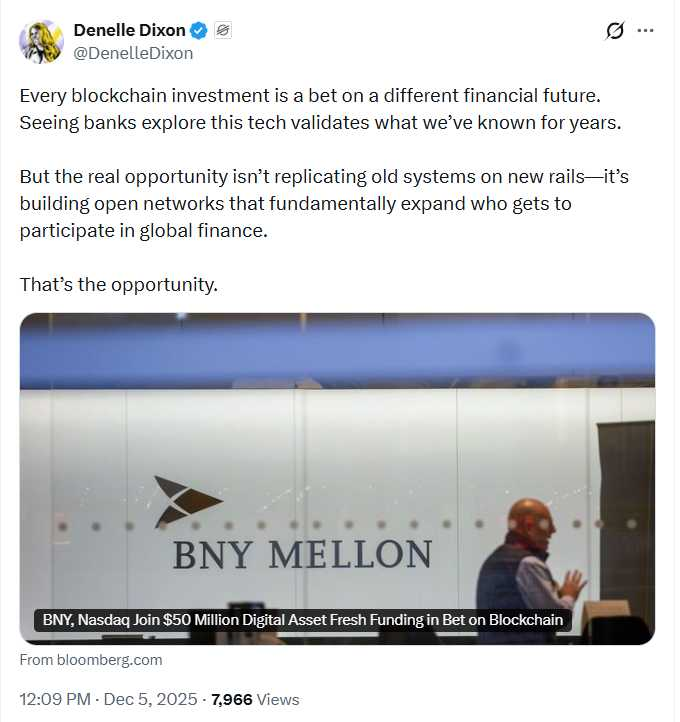A recent European Parliament report analyzing the digital euro’s legal basis has argued against the European Central Bank’s (ECB) suggested tight holding limits, remuneration schemes, and limited privacy features. The first rollout date, currently set for 2027, might be too ambitious to implement all the desirable legislation.
A topical point raised in the paper is the role of banks and payment providers. Legal tender legislation might require merchants and payment firms to accept CBDC but won’t force banks to act as intermediaries as the ECB is planning. However, the paper doesn’t delve into the challenge of refusing a central bank who is also your regulator.
Legally risky digital euro features
Two key design decisions for the digital euro are holding limits that could be around €3,000 and the possibility of paying interest. Holding limits should prevent mass migration to CBDC from bank deposits. But it moves the digital euro away from the concept of it being digital cash because physical cash has no such restrictions. As we’ll see, classing it as digital cash has some legal ramifications.
As for paying interest, the problem is that it creates unnecessary complexity and risks interfering with commercial banks’ deposit-taking business, defeating the purpose of the holding limits. A tiered structure – paying different interest rates depending on the amount – could be a preferred alternative.
However, imposing negative interest rates could be legally problematic as it could infringe on the European Convention on Human Rights, which states, “Every natural or legal person is entitled to the peaceful enjoyment of his possessions.”.
The author, Seraina Grünewald, is emphatic on the interest point: “The idea of remunerating the digital euro was intellectually appealing in the early discussions on CBDC designs. As the digital euro is moving towards its realisation, the idea should be retired for good – not only because the added value of remuneration compared or in addition to holding limits is at best unclear, but also because it creates significant legal risk.”
Lastly, the author delves into the question of privacy, a matter that will have a “determining influence on the demand and ultimate success.” From a legal perspective, a digital euro would be more cash-like the closer it is to the anonymity of physical cash.
“It is wise and legally desirable to ensure that systematic surveillance of the payment behavior of individual citizens and firms by the ECB as a public institution is rendered impossible by design,” wrote Grünewald.
Two legal bases
An important part of the author’s analysis rests on a key legal distinction. The digital euro has been presented both as a “digital equivalent of euro banknotes” and an “electronic means of payment for retail payments”, but that difference is key because a different legal basis governs each option. And the paper notes there has been a shift from digital cash towards a payments system.
If the CBDC were simply introduced as a digital version of cash, it would legally rely on the European Union Treaty authorizing the ECB and national banks to issue bank notes (Article 128(1) TFEU). However, the digital euro also needs a distribution and settlement infrastructure to function, so its introduction also rests on the need to ensure the smooth operation of payment systems(Article 127(2.4) TFEU).
If there were ever a legal challenge, based on current legislation, the courts tend to look for a “center of gravity” and prioritize one legal basis over the other. However, there are cases when they may accept a dual legal basis if no center of gravity can be identified. Yet the author notes that “an express Treaty basis would clearly be the first-best solution in the long term.”
Work is already in progress for EU legislation that would govern the operation of the digital euro payment system. It is still being determined whether this includes a Treaty amendment to support the CBDC issuance.
The paper concludes by recognizing that laying the groundwork for introducing a digital euro will take time. Establishing the appropriate legislative framework, including the need for laws to be enacted subsequently at a national level, could add additional delays. That complicates the initial launch, which if given the go ahead, is currently set for 2027.




























